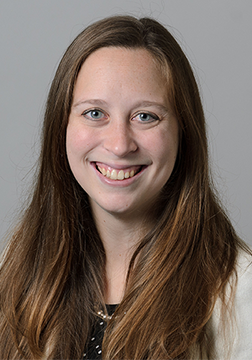Early Career Mini-Grant
The Mensa Foundation empowers emerging researchers through its Early Career Mini-Grant program.
Designed to support post-doctoral researchers and early career faculty, this grant funds innovative studies that advance our understanding of intelligence, creativity, gifted education, and related fields.
Details
The Early Career Mini-Grant provides $2,500 to support post-doctoral researchers and faculty within five years of completing their doctoral degree. This grant is intended to promote groundbreaking studies that advance our understanding of intelligence and its applications in education and beyond.
Grant Components
- $2,500 Award: Financial support to advance dissertation research.
- Recognition: Highlighted via Mensa Foundation channels showcasing the recipient’s contributions to the field.
- Networking Opportunities: Potential to present findings at a Mensa Foundation event and engage with thought leaders in intelligence research.
Impact intelligence studies.
Share your research with us.
Apply NowApply Now Criteria
Grant Guidelines
Eligible submissions for the Early Career Mini-Grant must focus on building knowledge related to intelligence, creativity, or gifted education. Proposals should demonstrate innovative approaches, present original research, or provide theoretical insights that contribute to meaningful advancements in these fields.
Frequently Asked Questions
Have more questions? Contact us at grants@mensafoundation.org.
Grantees
Meet the Grantees
Meet the young researchers supported by the Early Career Mini-Grant, whose research contributes to advancing the science of intelligence, creativity, gifted education, and related fields.







